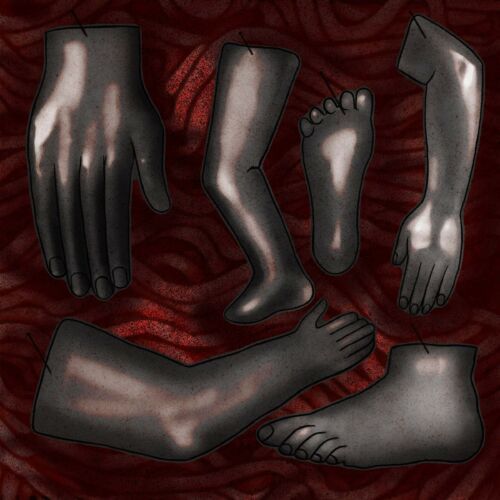Brazilian women against fatphobia and gender diversity at work
Established by Brazilian women, the Gorda na Lei aid group fights for the rights of victims of fatphobia or resentment and hostility towards obese people. Members of the group provide people with legal advice if they are discriminated against because of their weight. According to official statistics, more than 1,400 fatphobic cases are pending in Brazilian labour courts. More than half of the Brazilian population is overweight, and a quarter is diagnosed with clinical obesity.
In the town of La Ceja, 15 women are learning to operate and maintain power lines in the only school of its kind in Colombia. Although the work is demanding and means spending many days away from home, the women are motivated. “When I was young, I grew up in a house without electricity and did my homework by candlelight. It wasn’t easy,” says one student, Marianela Hernández Valencia. She and her classmates will be tasked with climbing poles, towers and transmission lines many metres above the ground to install and repair electrical wires. The women will be among the first to respond to the effects of storms and other natural disasters.
Corporations in India are trying to increase gender diversity in the workplace. Cognizant Technology Solutions Corp., Larsen & Toubro Ltd, HDFC Bank, Schneider Electric SE, Procter & Gamble Company and other companies offer women flexible working hours and mentoring programmes, among other benefits. They also help female workers to re-enter the labour market after a career break. Expectant and young mothers can benefit from the flexibility of work organisation, its alternative formats and assistance in moving to another city.


























